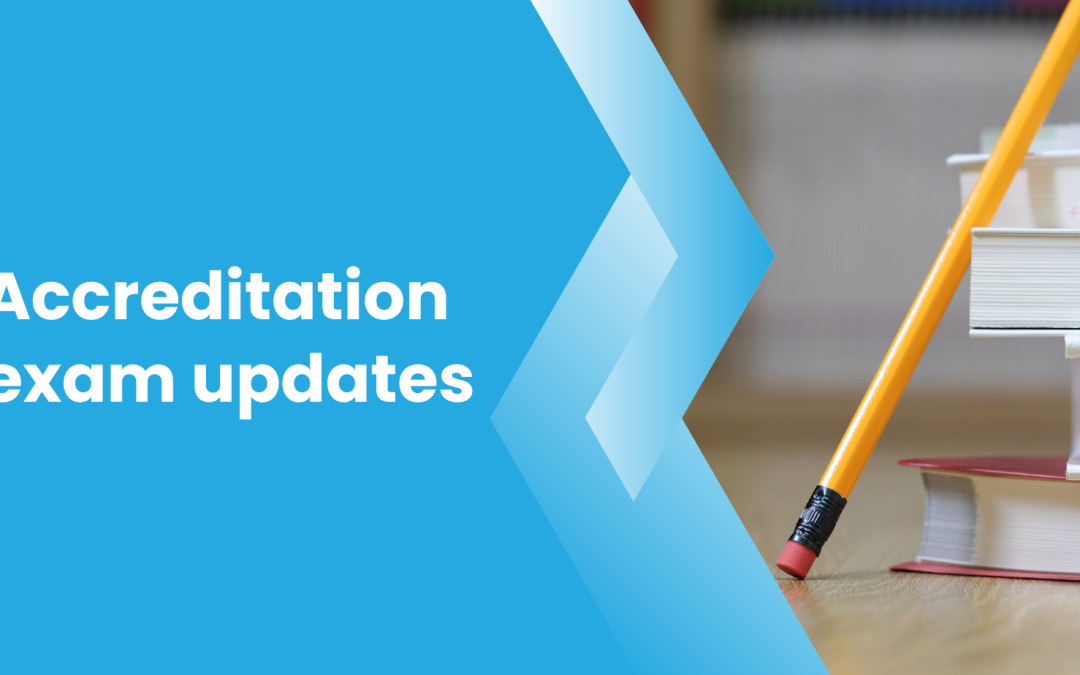From the Accreditation Board
The accreditation exam in 2024 will take the same basic format as previous exams, but there are also important changes that candidates should be aware of. These changes are based on feedback from past exam candidates and analysis of past exam results.
The first change is that the content for the 2024 exam will be based on the revised IPEd Standards for editing practice (Standards). The Accreditation Board understands that these will be released well ahead of the exam, and that a near-final draft version will be available later this year.
The second change is that to pass the Manuscript part, candidates must now gain a minimum score of 65% in all 3 components – copyediting the extract, writing author queries and creating a style sheet. (Previously candidates just needed to achieve 65% overall; in practice this usually meant passing all 3 components, but in theory it was possible to fail one of the smaller components and still pass the part. This change formalises a rule most people thought was already in place.)
The biggest set of changes is to the Knowledge part of the exam to reflect a more logical, standards-based approach than the existing structure:
- Candidates must still answer 4 questions, but the number they choose from is reduced from 10 to 6.
- 2 of the 6 questions are compulsory. These will be drawn from Part A of the Standards, which underpins all the other parts of the Standards. The question topics will be on (1) ethical and legal matters, and (2) other professional practice.
- Candidates must achieve a minimum of 65% in each of the 2 compulsory questions.
- Of the remaining 4 questions, candidates may choose to answer any 2. Each optional question will be drawn from the 4 remaining parts of the Standards: (3) Part B: Management and liaison; (4) Part C: Substance and structure; (5) Part D: Language and illustrations; and (6) Part E: Completeness and consistency.
- There is no minimum mark required for the optional questions, but to pass the Knowledge part, candidates must still achieve 65% overall.
There is no change to the Language part of the exam, nor to the overall pass requirements of achieving minimum scores of 65% in each part and 80% overall.
Table 1 shows the revised structure, content and pass requirements. New sample exams that reflect these changes will be provided on the IPEd website before the end of the year to help potential candidates understand the new structure and the types of questions to expect relating to each part of the Standards. The changes will also be covered in the exam preparation workshops to be held early in 2024.
| Part | Description | Weighting | Pass mark* |
| Language | Language skills for copyediting (spelling, punctuation, grammar, etc.) | 20% | 65% |
| Manuscript |
Practical copyediting exercise with 3 components:
|
40% | 65% in each component |
| Knowledge |
General editing skills and knowledge:
|
40% | 65% in the 2 compulsory questions and 65% overall |
Table 1: Revised accreditation exam structure, content and pass requirements
*Minimum pass mark for part/component; candidates must achieve an overall pass mark of 80% for the exam as a whole.

